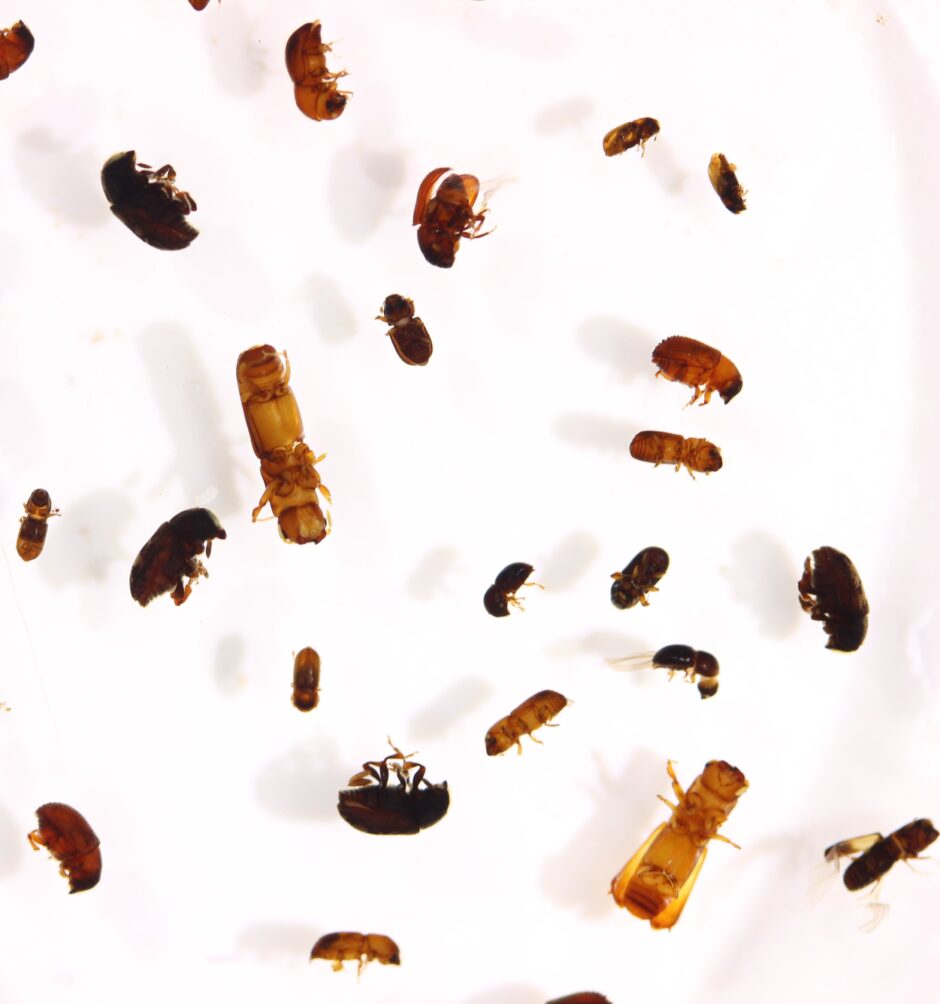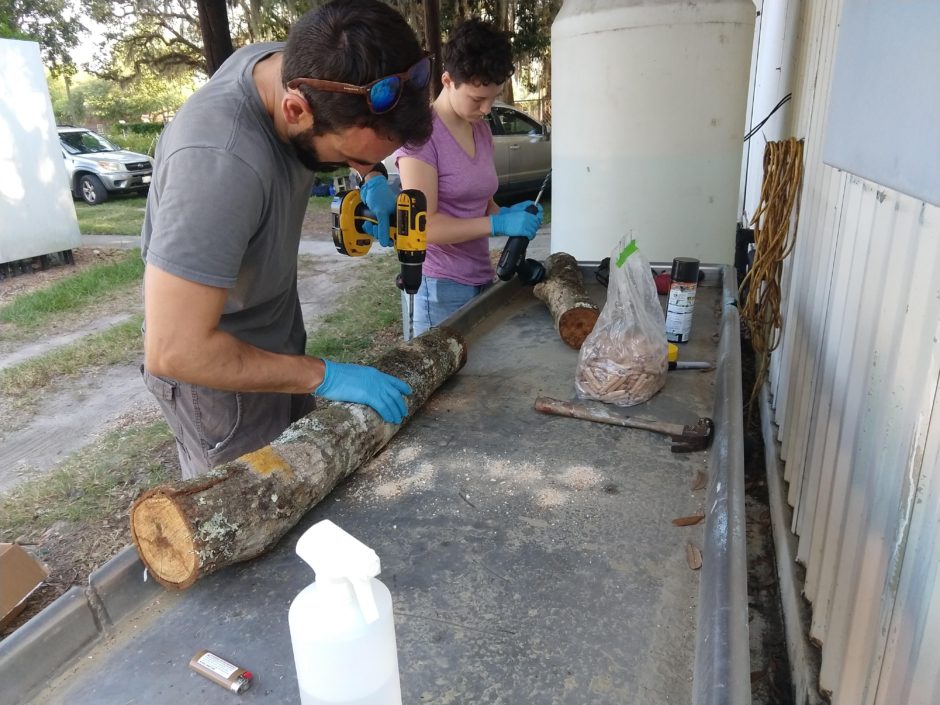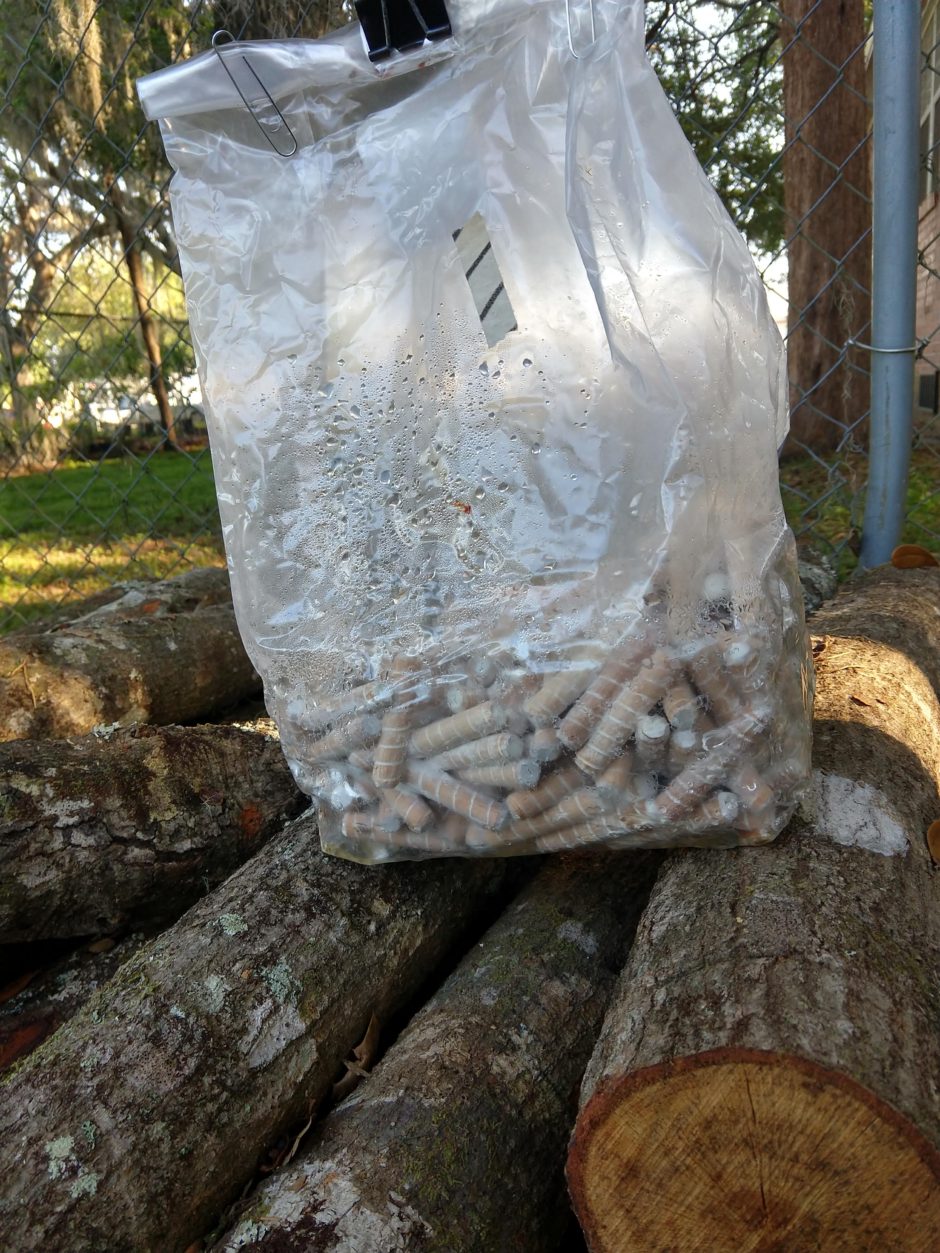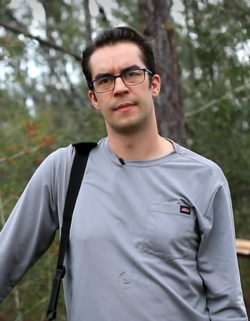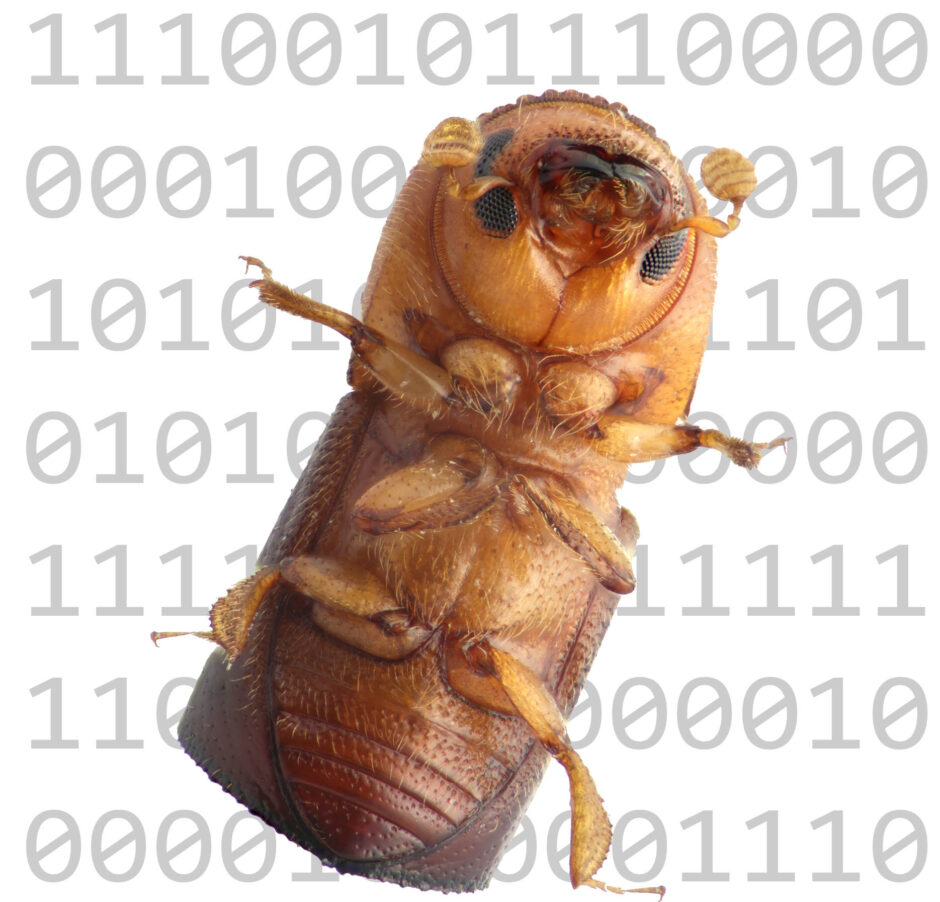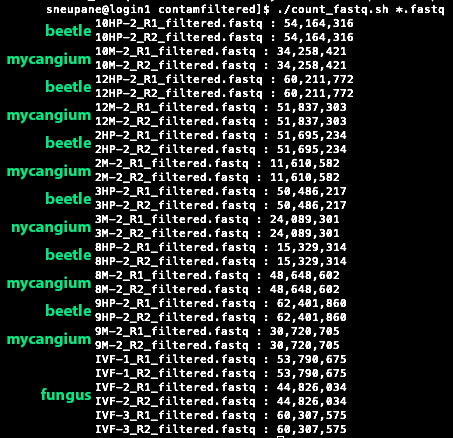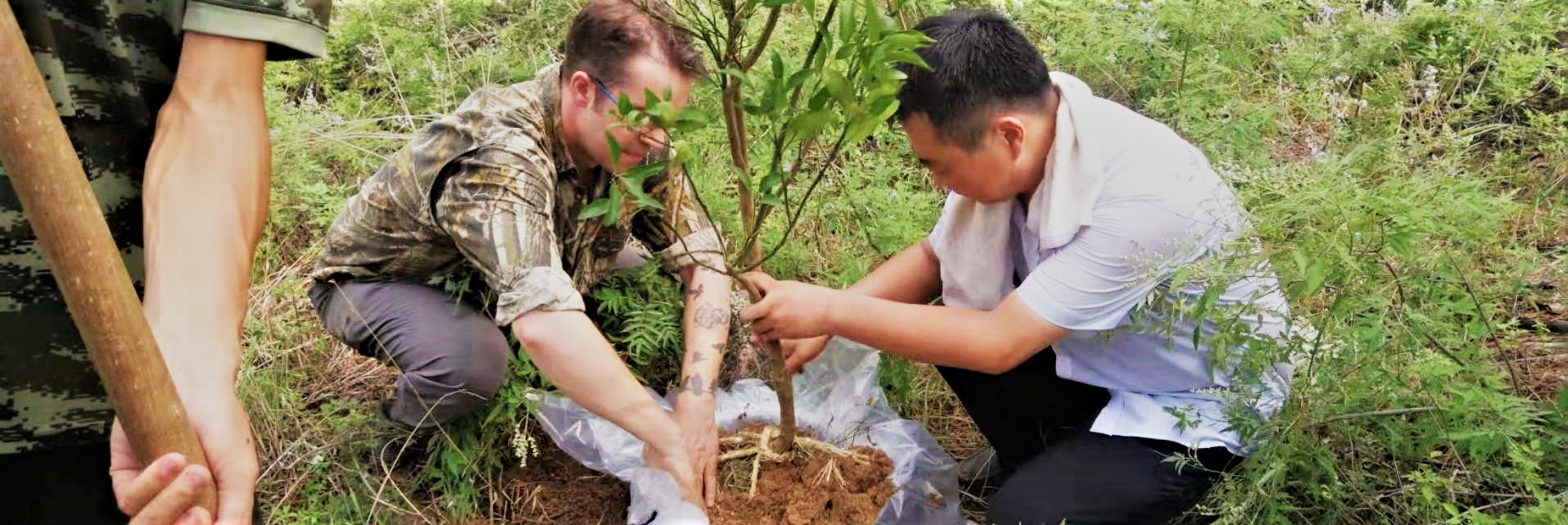Join the Forest Entomology team at the University of Florida (www.ambrosiasymbiosis.org or www.ambrosiasymbiosis.org/development) for a project on perfecting bark beetle sampling and sample digitization.
Details
We are looking for a team member who will help us optimize bark beetle pheromone trapping, photography pipeline, quantification, and submission to an AI classifier. The ultimate goal is biodiversity research and invasive species detection.
We are open to applicants from various levels of education and experience, from a recent graduate to a post-doc or a technician. Both academic and non-academic applicants are welcome. Previous experience with insect sampling is appreciated but not required. What we value the most is interest in messing around with sampling technology, commitment to quantitative science, good organization and project management skills, and good writing skills.
Training in bark beetle systematics will be provided.
Publication of at least one research paper, based on the data collected, will be required as part of this position.
Duration
This is a temporary position spanning one (1) year following hire in Spring 2024. An extension to two years is possible, depending on performance and funding availability.
Dates
- Application deadline: January 6, 2024.
- Start: AS SOON AS POSSIBLE in Spring 2024
Salary
The salary for this position ranges from $35,000 – $50,000 depending on the level of experience.
This position is intended to be a full-time, 40-hour-week position, but this is negotiable.
Location
This job is located on the main campus of the University of Florida in Gainesville, FL, and though remote work may be acceptable at certain times, applicants should expect to spend the majority of their week on-site.
Applying
Please note that international applicants must have a valid US visa and be able to work in the United States. International applicants who are ALREADY approved to work in the US are welcome to apply.
Email 1) your CV, 2) a short statement of interest, and 3) a list of your hobbies to ForestEntomology@ifas.ufl.edu with the subject line “Beetle samples 2024”.
